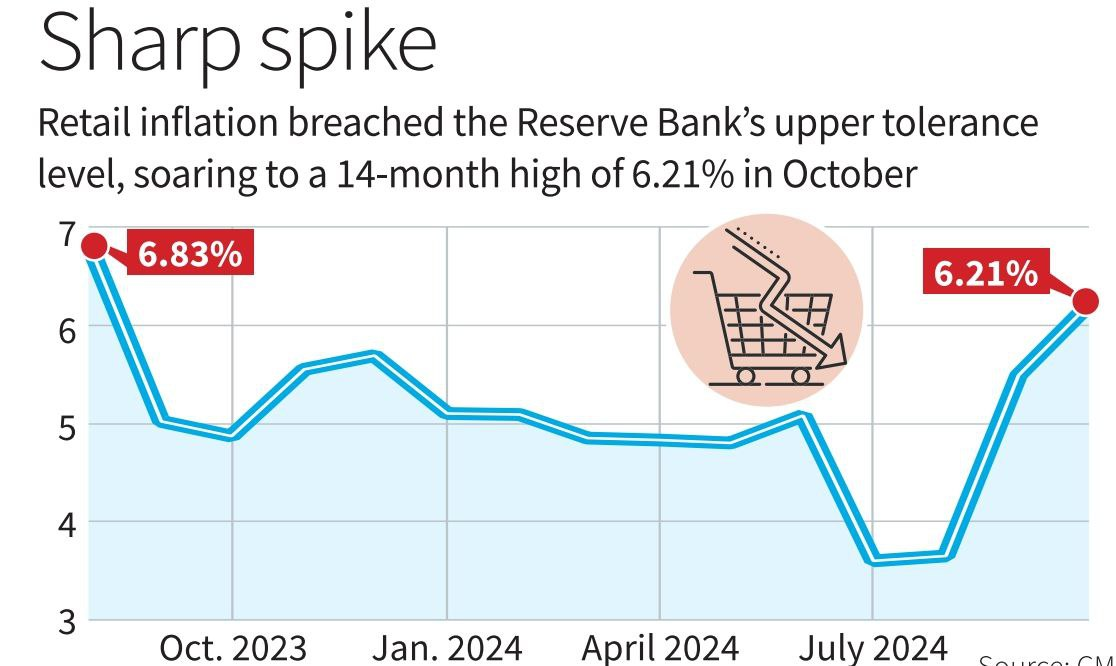1. COP 29 Underway
What is COP?
- Conference of Parties (COP): The COP is an annual meeting under the UN Framework Convention on Climate Change (UNFCCC), an international treaty signed in 1992 to tackle climate change.
- Purpose: Countries come together to negotiate and make commitments to mitigate climate change and provide finance to developing countries.
Key Points Discussed at COP29 (2024)
- Main Focus: Encouraging countries to develop a shared plan to curb global warming, with emphasis on implementing climate finance to help developing nations.
Achievements of Previous COPs
- Kyoto Protocol (COP3, 1997): The first major breakthrough. It set legally binding emission reduction targets for developed countries.
- Paris Agreement (COP21, 2015): A landmark deal to keep global temperature rise below 2°C, preferably below 1.5°C, with countries setting their own Nationally Determined Contributions (NDCs).
- Glasgow (COP26, 2021): Pushed for phasing down coal and reducing fossil fuel subsidies.
Criticisms of COP
- Ineffective mechanisms: COP has been criticized for failing to put the world on a clear path to keeping global warming under control.
- Insufficient funding: The promise of $100 billion annually for developing countries by 2020 remains unmet.
Expectations from COP29
- Climate finance: Focus on revising the collective quantifiable goals (NCQG), ensuring developed countries meet their financial commitments.
New goals: Parties are expected to agree on a roadmap to meet new targets under the NCQG.
2. China Singles' Day: Key Points
- Overview
- Date: November 11 (11/11).
- Symbolism: Represents lone figures, celebrating singlehood.
- Significance: Largest online shopping day globally, dubbed “the biggest shopping day on Earth.”
- 2022 Sales: Goods worth $157.97 billion sold (Bain Consultancy).
- Origin of Singles’ Day
- Year: 1993.
- Place: Nanjing University, China.
- Original Name: Bachelor’s Day.
- Tradition: Single individuals (mainly men) celebrated with gifts and parties.
- Shift in Meaning: As Western dating culture grew, it became a celebration of singlehood.
- Rise of Commercialization
- Initiated by Alibaba (2009):
- Introduced a 24-hour mega shopping festival with promotional slogans like:
“Even if you don’t have a boyfriend or girlfriend, you can at least shop like crazy.” - Attracted consumers, breaking stigma around singlehood.
- Introduced a 24-hour mega shopping festival with promotional slogans like:
- Global Influence:
- Other brands adopted it with glitzy marketing (e.g., live-streamed Shanghai fashion shows in 2016).
- Comparable to Amazon’s Prime Day Sale (2015).
- Economic and Social Impact
- Economic Scale:
- Promotes massive consumption.
- Grew into the world’s biggest 24-hour online sale event.
- Pandemic Effect:
- Covid-19 Impact: Growth slowed to single digits.
- Challenges: Reduced novelty and tempered business expectations.
- Criticism:
- Excessive consumerism.
- Environmental concerns (plastic waste).
- Tension between economic activity and anti-consumerist movements.
- Environmental Considerations
- Packaging Waste: Contributing to landfills.
Green Measures: Chinese state media highlights sustainability initiatives.
3. Retail Inflation in October 2024
- Overview
- Retail Inflation Rate: Increased to 21% in October, marking a 14-month high.
- Reason for Surge: Rising food prices, including fruits, vegetables, meat, and edible oils.
- Food Inflation
- Consumer Food Price Index (CFPI): Jumped to 87% in October from 9.24% in September.
- Significance: Double-digit inflation after a 15-month gap.
- Impact: Food inflation is a major contributor to overall CPI inflation.
- Implications on Monetary Policy
- Retail inflation has breached the 4% (+/-2%) target band of RBI for the second consecutive month.
- Rate Cuts Unlikely: Elevated inflation dampens hopes of a monetary policy rate cut next month.
- Industrial Output
- Factory Output:
- Improved to 1% growth in September.
- Rebounded from a contraction of -0.1% in August.
- Contributing Sectors:
- Manufacturing
- Mining
- Electricity


